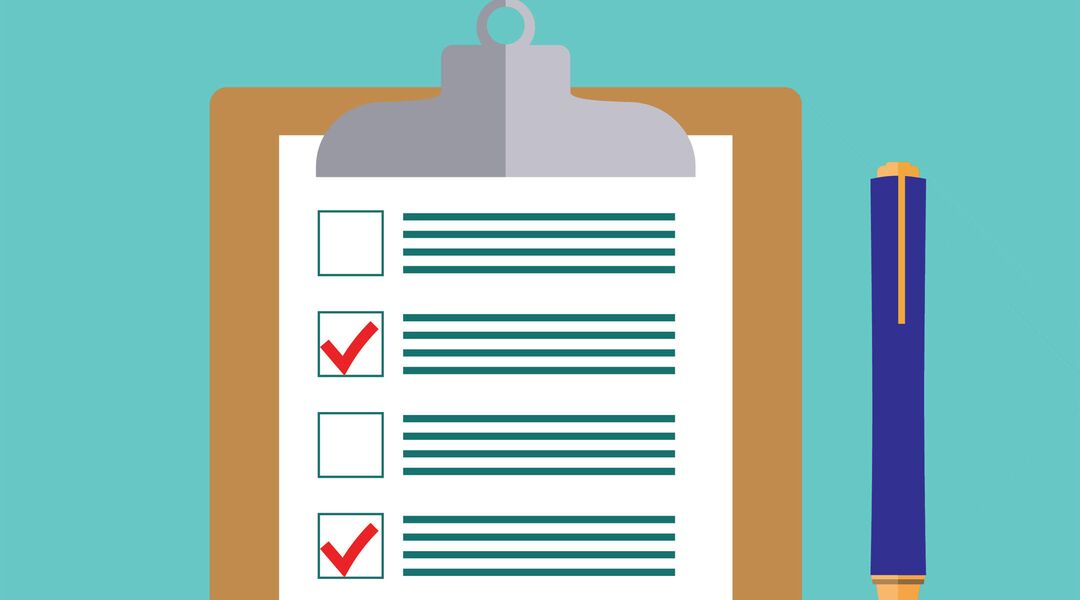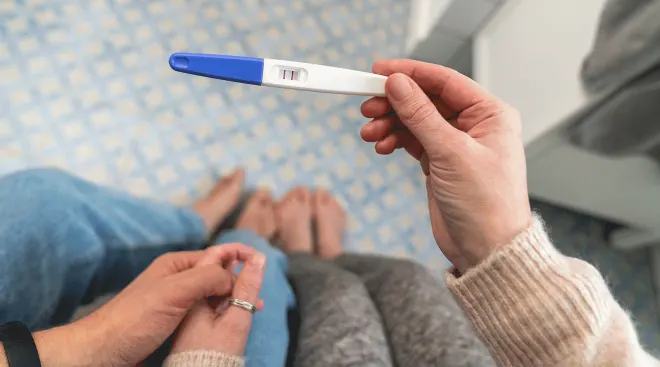Checklist: First Prenatal Checkup Questions
Your first checkup is nearly over, and your practitioner asks, “Anything else you’d like to know?” Here’s your chance to whip out the checklist. Remember, no question is too silly… so ask away! These should get you started:
[ ] How much weight should I gain, and at what rate?
[ ] Do I have an increased risk of any specific complications or conditions?
[ ] What screenings do I need?
[ ] What kind of diet should I follow? What should I eat and drink a lot of, and what should I avoid?
[ ] Should I be doing any particular kind of exercise? What kind and amount is safe?
[ ] Are there any restrictions on sex throughout my pregnancy? What about flying?
[ ] Can I… Dye my hair? Use sunless tanner? Get a massage? Paint my nails? Go to the spa? Are there any other activities I should avoid?
[ ] What over-the-counter medications are safe, and in what amount? Are there any I should avoid?
[ ] Are the prescription medications I’m currently taking safe? If not, what can I take or do instead?
[ ] What prenatal vitamin do you recommend?
[ ] Which prenatal classes do you recommend?
[ ] What position should I sleep in?
[ ] What symptoms should I expect, and how can I manage them? What’s normal, and what should I call you about?
[ ] What should I do if I… Don’t feel well? Cramp? Spot? Have a fever? When should I call you?
[ ] When labor begins, at what point should I call you?
[ ] What is your position on… Inductions? Scheduled c-sections? Epidurals and other pain medications? Episotomies? Vacuum and forceps usage? IVs and EFMs? What are my options?
[ ] When’s a good time to call you with questions? Who should I call if you aren’t available?
Please note: The Bump and the materials and information it contains are not intended to, and do not constitute, medical or other health advice or diagnosis and should not be used as such. You should always consult with a qualified physician or health professional about your specific circumstances.
Navigate forward to interact with the calendar and select a date. Press the question mark key to get the keyboard shortcuts for changing dates.




















































